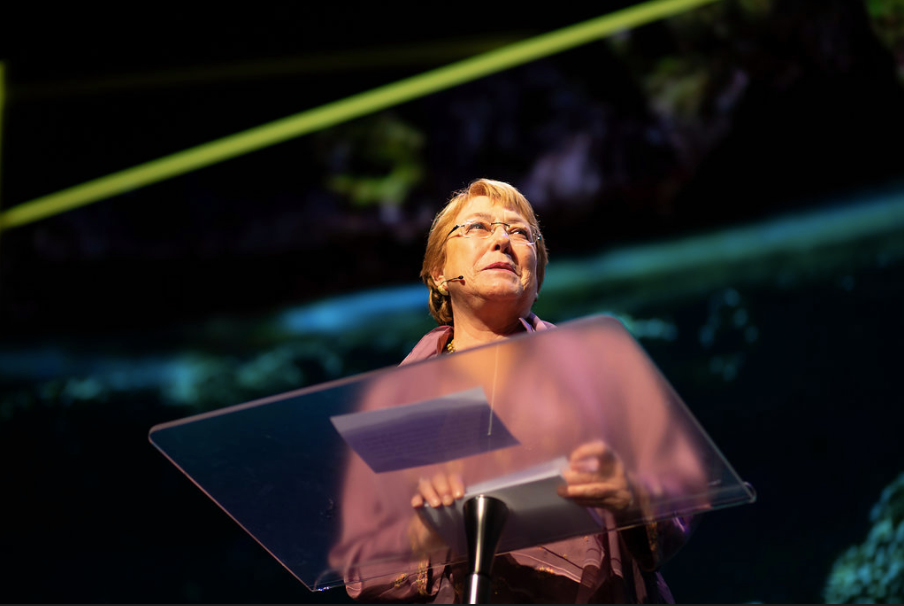
United Nations (UN) High Commissioner for Human Rights Michelle Bachelet said on Monday, June 24, that her office is monitoring the situation of human rights in the Philippines “very closely.”
In her opening statement at the 41st session of the Human Rights Council in Geneva, Bachelet said the “extraordinary high number of deaths” and “persistent reports of extrajudicial killings” related to the Philippine government’s war on drugs continue.
“Even the officially confirmed number of 5425 deaths would be a matter of most serious concern for any country,” she added.
The Philippine National Police (PNP) earlier reported that the number of drug suspects killed in the anti-drug campaign was at 6,600 from July 1, 2016 to May 31, 2019.
But citing data from the UN High Commissioner for Human Rights, the Human Rights Watch (HRW) said an estimated 27,000 people had been killed in March 2019.
Bachelet said authorities should give “comprehensive and transparent” information about deaths and investigations related to allegations of rights violations.
“These could dispel any false allegations and help regain trust for the authorities,” she said.
She added that human rights defenders, journalists, lawyers, and even members of the Catholic clergy have been receiving “threats” form senior government officials, saying that it creates “a very real risk of violence against them, and undermines rule of law, as well as the right to freedom of expression.”
On Monday, HRW deputy director Laila Matar urged the UN to conduct a probe on the Philippines’ drug war, saying that it is “not too late” for the UN member states to prevent the killings of more drug suspects.
“The Philippines is a member of the UN Human Rights Council and thus is expected to uphold the highest standards of human rights. Instead, the government has refused to cooperate with UN rights mechanisms and even publicly smeared UN experts who condemn its violations,” she said.
Malacañang, however, had earlier rejected the call of UN human rights experts for an international investigation, describing it as an “outrageous interference on Philippine sovereignty.”